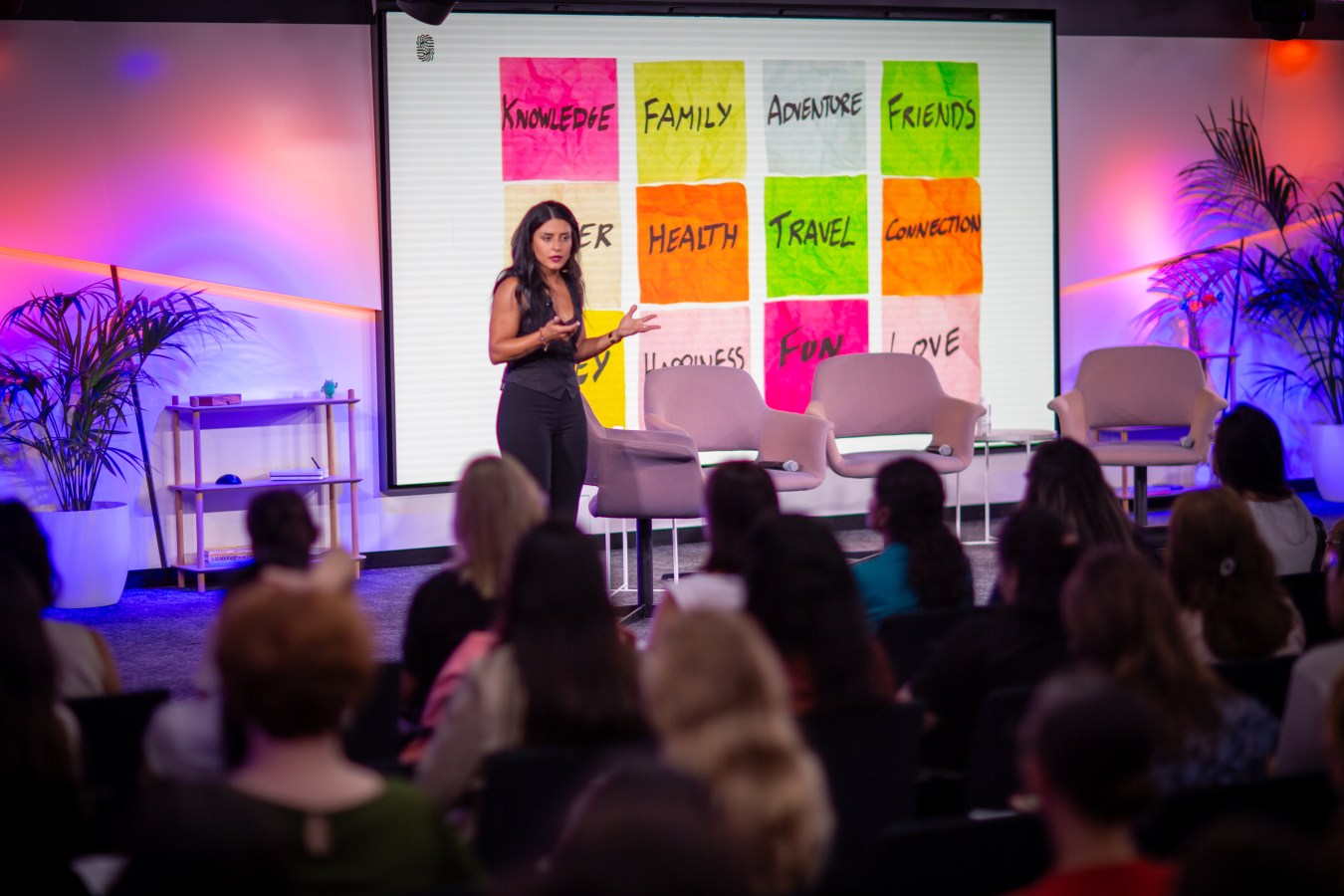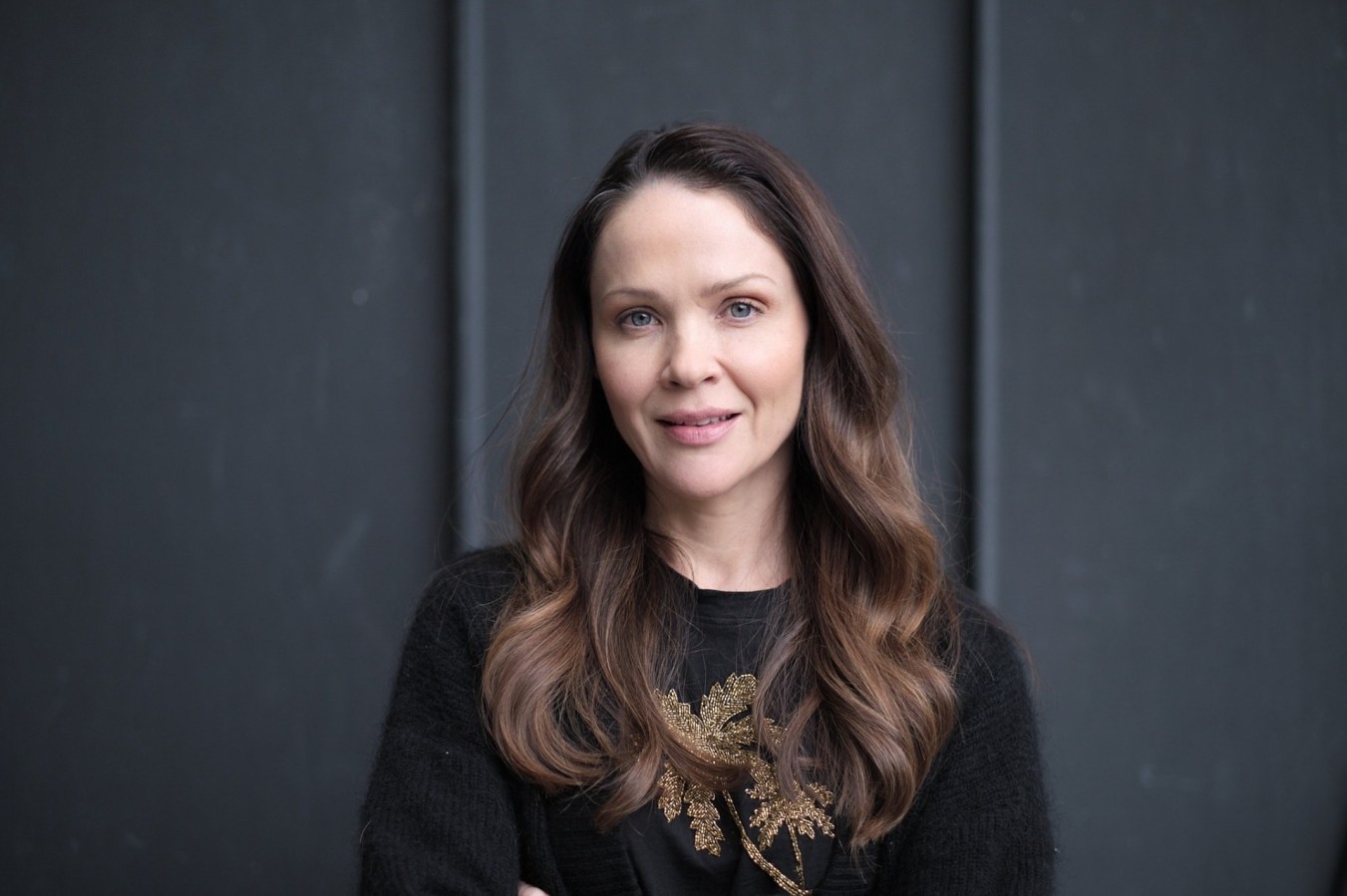Coaching programs that rely on artificial intelligence are cheap, accessible and increasingly popular for practicing tough workplace conversations or getting tips for negotiating a raise. But privacy questions and skepticism over the quality of non-human answers could slow adoption.

You’ve trusted artificial intelligence to plan a vacation itinerary, write a cover letter for a new job and even flirt on your behalf with your next date. But would you trust it with career advice?
A growing number of businesses are betting you will. Coaching or workforce learning platforms like BetterUp, Multiverse and LinkedIn—as well as startups like Valence and Wisq—are only some of the AI-powered coaching chatbots entering the market.
During a time of layoffs and budget cuts, as companies seek to help workers hone their interpersonal skills, AI is emerging, ironically, as a cheaper and more accessible alternative to traditionally high-cost human coaching.
AI coaching refers broadly to a variety of apps and programs that are powered by generative AI technology and provide advice about tricky situations or career challenges. Users query a chatbot and get real-time, interactive feedback on everything from the best way to negotiate a raise to how to search for a new job to how to delegate work or give feedback to teammates.
This is still a relatively niche business—Gartner’s HR practice tells Forbes it is still too small of a market to measure—but both employers and workers are starting to embrace it. Its emergence comes at a time when more people and companies are seeking help with career development, and understandably so. In an economy where fewer people are quitting or changing jobs, workers are nervous about promotion opportunities. Meanwhile, many also feel frustrated by a lack of hands-on management training during the pandemic or concerned about how AI is already reshaping job descriptions and making some of their skills obsolete.
Some 47% of companies surveyed by LinkedIn for its 2024 Workforce Report said they are investing in career mentoring and coaching for their workforce, and a survey by Gartner found that 42% of employees would be comfortable asking an AI coach about the next steps in their career. Another survey by INTOO, a career and outplacement firm, found that nearly half of respondents aged 21 to 26 think they get better advice from AI, including ChatGPT, than from their managers.
So it’s no surprise that startups are attracting investments and companies are rolling out new products. For example, in June, Menlo Park, Cal.-based Rising Team closed an $8 million seed round that it’s using in part to add an AI leadership coach, aRTi, to its team performance platform. Management AI coaching tool Wisq, which has raised over $40 million in funding since May 2021, launched a new program aimed at mid-level managers in April.
“Employers are all over it,” says Ujjwal Singh, chief technology and product officer at London-based apprenticeship startup Multiverse, adding that 64% of its customers now use its AI career coach. That’s up 15% from last quarter. “They’re really pushing this hard.”
Yet even as demand rises, AI career coaching faces hurdles to widespread adoption, including concerns some workers may have about the privacy of employer-provided sessions and questions about the quality of tools’ responses. More customized responses rely on personal information users may be hesitant to give—and on the real-life experiences that human coaches can draw upon when counseling clients.
Some early research suggests that in some scenarios, AI coaching can be as effective as the human version. For example, a study published in the journal PLOS found that research groups using human coaches and those using AI coaches were just as efficient when it came to reaching set goals.
But at this point, skepticism is still warranted. “We’re a long way from a typical human being wanting [coaching] from a machine,” says Joseph Fuller, a Harvard Business School professor who co-leads its Managing the Future of Work initiative. But, he adds, given the rapid improvements in AI, “it’s pretty dumb to bet against them.”
This much is for sure: AI coaching is a lot cheaper for employers than the human variety, which, with an average cost of $244 an hour, has typically been provided only to companies’ top performers or senior executives. (For comparison, Wisq charges between $50 and $150 per user per year for a combination of human and AI coaching.) It’s also designed to be accessible, with several AI coaches integrated directly into apps most workers use daily, such as Slack or Microsoft Teams.
In 2023, the American market for coaching was worth $14.2 billion, according to market research firm IBISWorld. During the pandemic, Zoom enabled coaches to take on remote clients, expanding their client base further, points out Carlos Cuadrado Ortiz, an associate principal and coach at consulting firm Korn Ferry.
AI could be a big accelerator for the industry, enabling companies to provide coaching to more employees and human coaches to serve more clients by using AI tools to address the simplest questions. That explains why some big career businesses are adding AI features or acquiring smaller startups. LinkedIn, for instance, launched an AI virtual coach in October that helps users find new jobs personalized to their profile. The AI coach’s answers pull from large language models that are trained on advice provided by a handful of human coaches who earn royalty fees.
In March, BetterUp, a coaching and mental health platform that has reached unicorn status (it was last valued at $4.7 billion in 2021 according to Pitchbook), acquired Practica, an early AI coaching provider, to grow its own AI offerings. (The company still offers human coaching to all users.) The new AI services include a “role play” function that lets users practice conversations with a voice-prompted chatbot about thorny topics, such as asking for a raise or sharing critical feedback. The AI might tell a user, for example, that they sounded defensive when delivering bad news or too nervous when making a case for a promotion.
Meanwhile, startups like Toronto-based Valence and Paris-based Coachello added AI chatbots to their online coaching services last year. Grettel Seiger, a leadership development manager based in Basel, Switzerland, started trying out Coachello with a small group of employees a month ago and says it’s been a way for colleagues to get help earlier in their careers without the high cost.
Those who’ve started using it have opened up about the dilemmas they face, she adds, noting “you don’t feel judged” like you might with some managers. Asking the AI chatbot follow-up questions has also helped her define exactly what help she needs. “The whole process became cathartic,’’ she says.
But good coaching, and good advice, is rarely about quick answers; it relies on probing questions—or in AI speak, collecting more data. “Coaching is about guiding someone in a certain direction, [or] nudging people,” says Multiverse’s Singh. “I don’t think AI is quite there yet” when it comes to complex, relationship-focused questions, he adds.
At a broad level, some AI tools have been known to make up answers or at times give wrong information. Massara Almafrachi, a third-year law student at Western New England Law School, says that asking an AI chatbot for career advice has resulted in confusing and irrelevant answers. “I’m already confused about my career,” she says. “AI [only] throws me in a bigger loop.”
Katie Kirsch, the founder of a coaching company called Lume and a 2024 Forbes Under 30 listmaker, says she may one day incorporate AI features into her platform. But earlier this year she tried out AI tools herself and found the advice lacked nuance: “The kinds of conversations [my human coach and I] had felt impossible to replace in the AI format.”
AI chatbots, after all, are only as powerful as the quantity and quality of the data they have been fed, and how well the tools are built. To provide a personalized approach, AI coaching companies must successfully coax users to divulge specific, personal information, says Harvard’s Fuller. “You end up having this chicken-or-the-egg problem of not having access to a lot of data until you’ve got the quality that you can only get by having a lot of data,” he says.
Then, there’s the question of sensitive information. Most AI coaching companies offer their services directly through employers, which could make users leery of asking what they really want to know. How many employees who want advice on leaving a job or dealing with a toxic boss would feel comfortable entering those questions into a chatbot offered by their employer?
AI coaching providers respond that confidentiality agreements prevent the tools from sharing personal details with employers, and any reports generated for employers show only aggregate and anonymized results. (Some, such as BetterUp, also say users can opt out of having their data train language learning models, while others, such as Valence, say it does not use employee conversations with its chatbot to train its models.)
Meanwhile, “workers are generally aware that a company-provided tool is tailored to enhance the company’s goals, which don’t always align with theirs,” says Hatim Rahman, management professor at the Kellogg School of Management at Northwestern University, who studies AI’s impact on employment.
Despite potential privacy fears and the fact that AI coaching models still have a lot to learn, tech-savvy workers are increasingly embracing them. “There is no judgment built directly into the tool,” says Michael Woodward, director of New York University’s Coaching Innovation Lab. “It’s purely mathematical.”
In addition to Gen Z workers, another unexpected demographic has become an unlikely power user of AI coaching: Middle-aged men. Multiverse reports it is seeing the most growth among people aged 40 and up; as of June, 46% of eligible employees older than 40 used Atlas, its AI-powered coaching service, compared to only 31% of users 24 and under.
Men in their 40s are one of the largest groups using BetterUp’s AI coaching feature, too. “These are [groups] where coaching may still be stigmatized,” says Moritz Sudhof, vice-president of AI at BetterUp. But if given the chance to share their career dilemmas with a chatbot, they’re actually “ready to open up and bare their weaknesses and problems.
Don’t miss the opportunity to gain exclusive insights that could shape your financial future. Join us at the Forbes Australia Icons & Investors Summit to hear directly from Australia’s top business and wealth experts. Tap here to secure your ticket.
Look back on the week that was with hand-picked articles from Australia and around the world. Sign up to the Forbes Australia newsletter here or become a member here.


